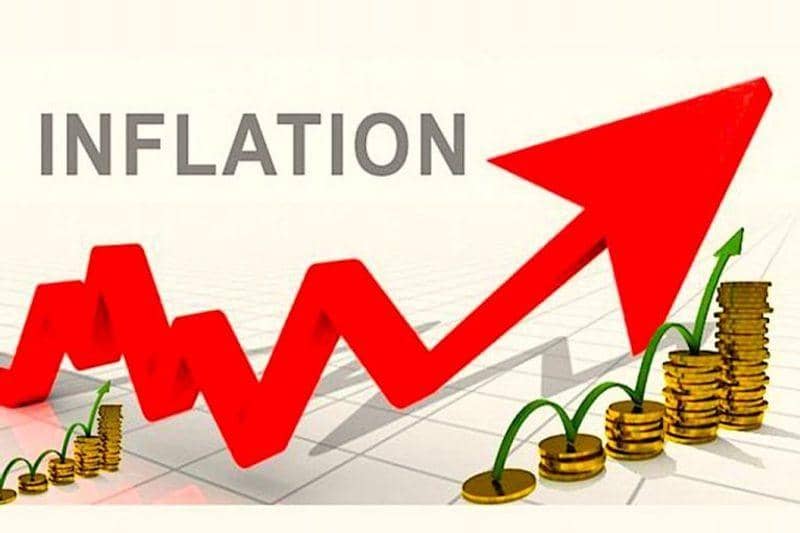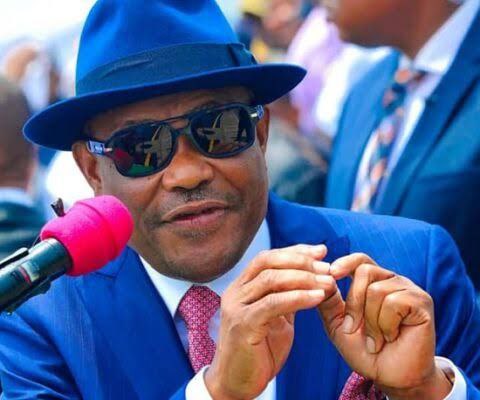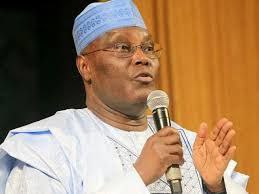
Nigeria’s inflation rate has surged to 36.8%—the highest level since 1997—according to data released today by the National Bureau of Statistics (NBS). The alarming spike, up from 33.2% in March 2025, reflects worsening economic conditions, with food inflation reaching a staggering 42.1%.
The Central Bank of Nigeria (CBN) has called an emergency monetary policy meeting next week, while President Bola Tinubu meets with state governors to address the crisis.
Key Drivers of Inflation Surge
1. Food Price Crisis
- Staple food prices (rice, beans, garri) have doubled in the past year.
- Farmers’ herders clashes in the North and flooding in key agricultural states (Benue, Kano) continue to disrupt food supply.
2. Energy & Transportation Costs
- Diesel prices now at ₦1,800 per liter, forcing businesses to cut operations.
- Petrol scarcity persists despite NNPC’s assurances, with black market rates hitting ₦1,200/liter.
3. Naira Depreciation
- The Naira trades at ₦1,850/$1 in the parallel market despite CBN interventions.
- Dollar shortages cripple manufacturers relying on imported raw materials.
Expert Reactions & Economic Warnings
Dr. Aisha Mohammed, Chief Economist at Lagos Business School
“This is no longer just an economic issue—it’s a national emergency. If inflation crosses 40%, we could see social unrest worse than the #EndSARS protests. The government must act now with wage adjustments and immediate food supply interventions.”
Aliko Dangote, Chairman of Dangote Group
“Our new rice plantations in Jigawa will start harvests in June, but Nigeria needs massive investment in agriculture to break this cycle. Relying on food imports is unsustainable.”
CBN Governor’s Statement
“We are reviewing all policy options, including further interest rate hikes and forex market reforms. Nigerians should expect tough but necessary decisions.”
How This Affects Everyday Nigerians
✔ Families: Minimum wage now covers only 18% of basic food needs (₦125,000 monthly basket).
✔ Businesses: 3 in 10 SMEs plan layoffs; inflation eroding profit margins.
✔ Savings: Naira savings losing value daily—financial advisors recommend dollar bonds or commodities as hedges.
Government Response & Next Steps
✅ President Tinubu meets governors today to discuss food security measures.
✅ Finance Minister Wale Edun announces “urgent fiscal reforms” to stabilize prices.
✅ CBN may raise interest rates beyond current 24.75% to curb inflation.









Be the first to leave a comment